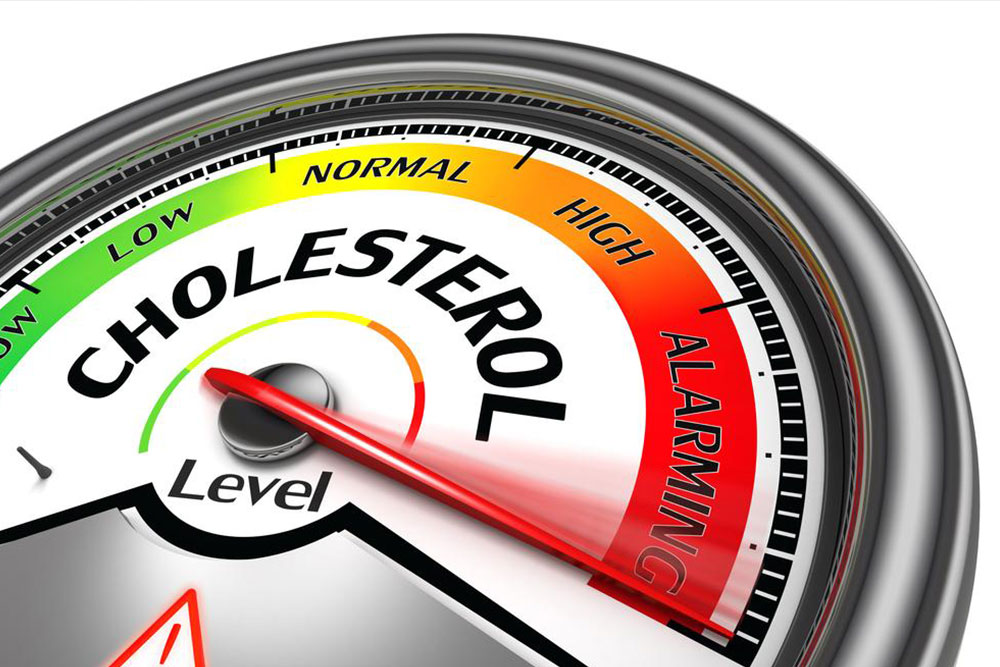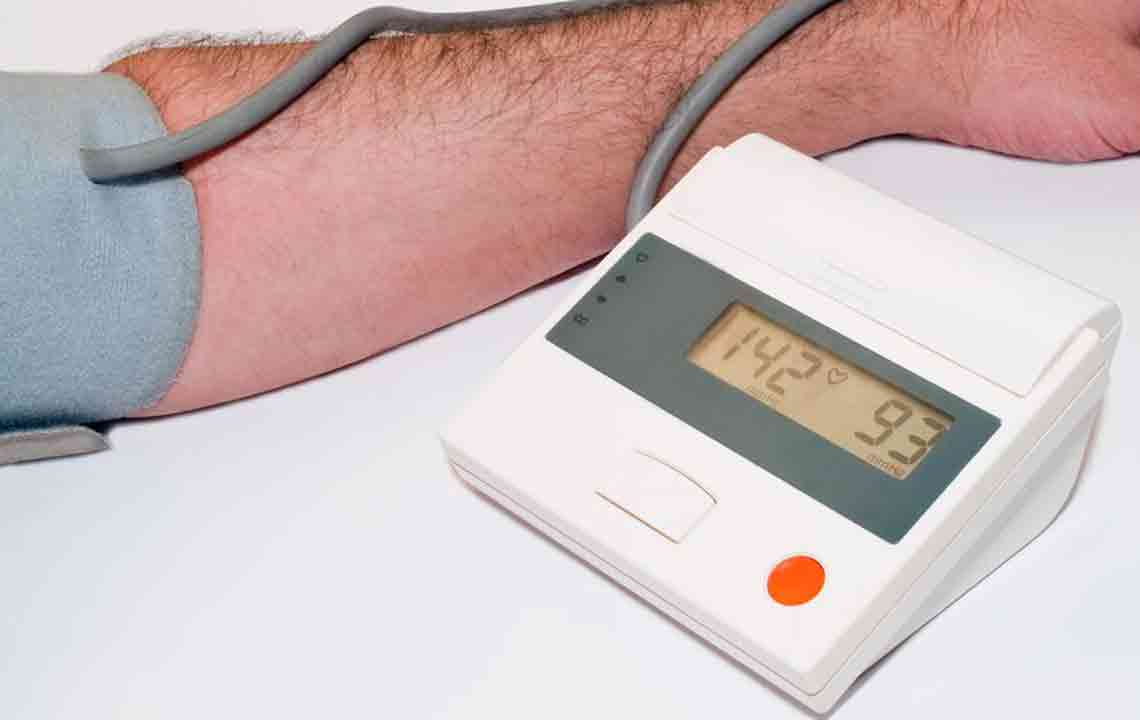A Comprehensive Guide to Managing Elevated Cholesterol for Better Heart Health
This comprehensive guide explores the vital role of cholesterol in the body and how to effectively manage elevated levels. It details the functions of LDL and HDL, identifies risk factors, and recommends lifestyle changes and medical options to reduce heart disease risk. Regular monitoring and healthy habits are emphasized for optimal cardiovascular health and preventing serious health complications.

Understanding and Managing Elevated Cholesterol for Heart Health
Cholesterol is a waxy, fat-like substance that is essential for maintaining numerous physiological functions within the human body. It plays a critical role in forming cell membranes, synthesizing hormones such as estrogen, testosterone, and cortisol, and aiding in the production of vitamin D through sunlight exposure. However, despite its vital functions, an excess of cholesterol in the bloodstream can pose severe health risks, particularly related to cardiovascular diseases. Managing cholesterol levels effectively is crucial for maintaining overall heart health and preventing the development of life-threatening conditions.
Cholesterol is present in all body cells and is transported through the blood via special proteins called lipoproteins. These lipoproteins include Low-Density Lipoprotein (LDL), often dubbed as 'bad' cholesterol, and High-Density Lipoprotein (HDL), referred to as 'good' cholesterol. LDL tends to deposit cholesterol in the arterial walls, leading to plaque formation, which narrows the arteries and impedes blood flow. In contrast, HDL works to remove excess cholesterol from the bloodstream, transporting it back to the liver for processing and elimination. Maintaining a healthy balance between these two types of cholesterol is vital in reducing the risk of heart attacks and strokes.
Understanding the key functions and transport mechanisms of cholesterol underscores its importance but also highlights the dangers when levels become abnormal. Elevated levels of LDL cholesterol are linked to atherosclerosis, a condition characterized by the buildup of fatty deposits in the arteries. This can result in hardened and narrowed arteries, increasing the likelihood of cardiovascular events such as heart attacks or strokes. Conversely, low HDL levels diminish the body's ability to clear excess cholesterol, further exacerbating circulatory issues.
Multiple factors contribute to high cholesterol levels, including:
Consumption of foods high in saturated and trans fats, such as fried foods, baked goods, and processed snacks
Smoking, which damages blood vessels and promotes the accumulation of arterial plaque
Physical inactivity or sedentary lifestyles, leading to poorer lipid profiles
Obesity or excess body weight, often associated with unhealthy eating habits and lack of exercise
Since high cholesterol rarely presents noticeable symptoms, routine blood tests are indispensable for early detection and management. Regular screening allows individuals to identify abnormal cholesterol levels and take timely action to mitigate associated health risks.
Strategies to effectively lower cholesterol levels and promote cardiovascular wellness include:
Adopting a diet rich in soluble fiber sourced from oats, beans, fruits, and vegetables, while minimizing intake of saturated fats
Incorporating regular physical activity such as brisk walking, swimming, or cycling into daily routines
Ceasing smoking and avoiding exposure to tobacco smoke entirely
Maintaining a healthy body weight through balanced nutrition and physical activity
Managing stress levels and adopting a comprehensive lifestyle approach for overall health
In some cases, healthcare providers may prescribe medications like statins or other lipid-lowering agents for individuals with persistently high cholesterol levels despite lifestyle modifications. Regular follow-ups are essential to monitor progress and adjust treatments accordingly.
In conclusion, understanding the importance of cholesterol and actively managing its levels can significantly reduce the risk of cardiovascular disease. Emphasizing a healthy diet, consistent exercise, smoking cessation, and routine screenings empowers individuals to take control of their heart health, leading to a longer, healthier life.





